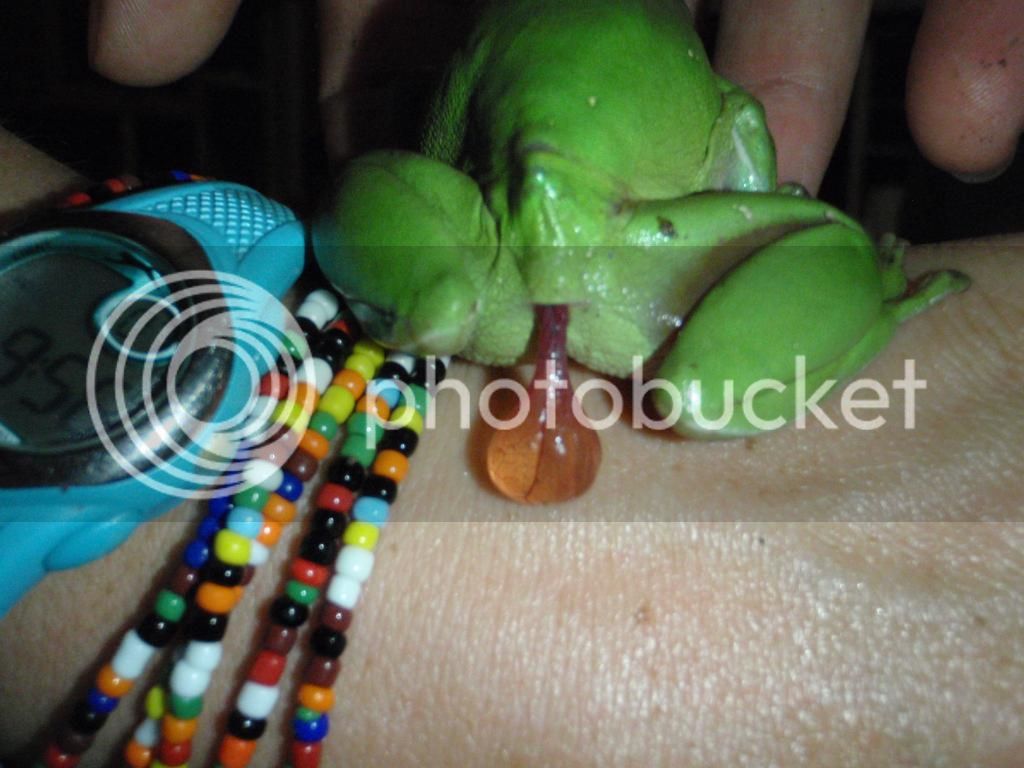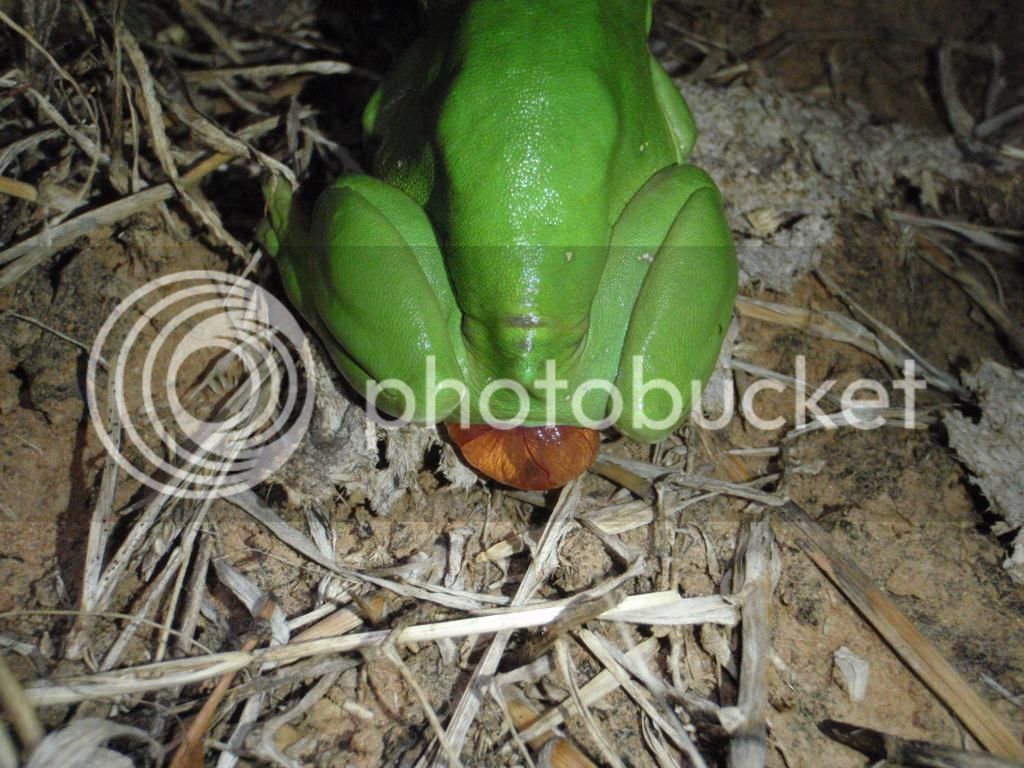caliherp
Well-Known Member
Last night I was reading in my room. I heard kind of a pop sound. I looked where it came from, I saw one of my GTP's in the middle of a bowel movement. I saw a pice of its digestive track hanging out. This was my first prolapse in over 16 years in the hobby. I immediately put the snake in a tub with warm water. Within a hour the prolapse went back up the cloaca. I'm happy to report that the snake seems fine. I'm going to let it heal up and not feed it for 3 or so weeks. I have no clue why this happened. I feed it 15% or less of its body weight every week or two.(depending on a bowel movement) the heat is 87 hot side 75 cool side with a 5 degree night drop. I usually spray once a day. Humidity goes from 80% when sprayed down to 60% overnight. Once or twice a week ill take a my syringe and give them water just for peace of mind so I know they are well hydrated. They also get fresh water in there water dishes daily. I have a feeling I'm overthinkig this. I know they are livening things. Stuff can go wrong for no apparent reason. I just wanted to run this by you guys and girls who have experience with this, to make sure there isn't anything I'm over looking. I don't mean to be so blunt, and sound so rude, if you have never had to deal with a prolapse please don't waste your time and post. I only want to hear from people who have had experience with this. Sorry again for sounding so rude.
Regards, Patrick
Regards, Patrick





